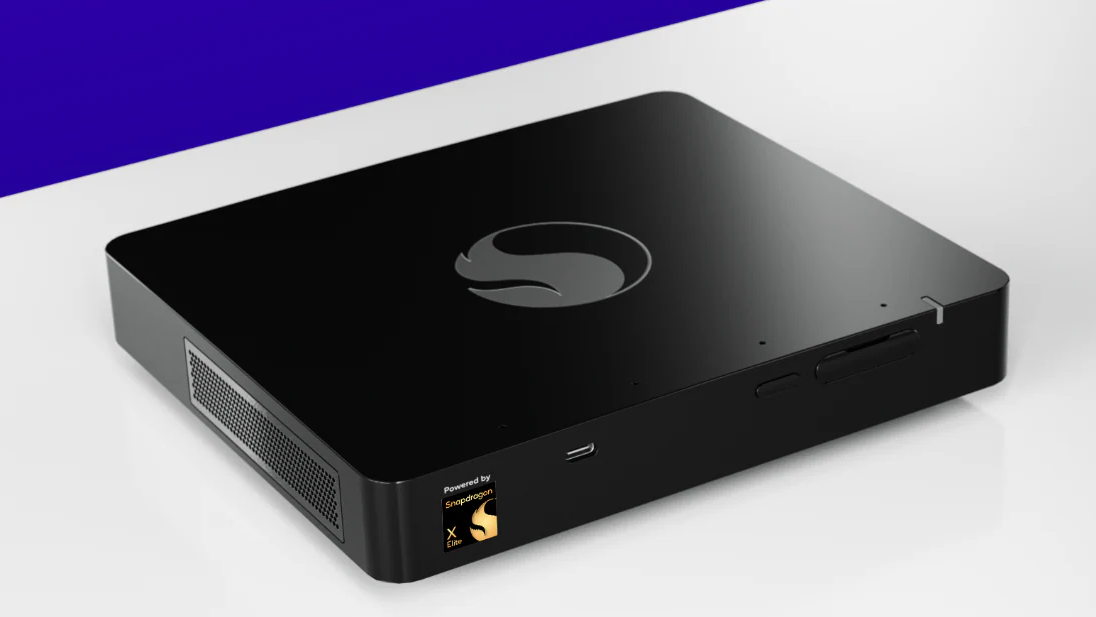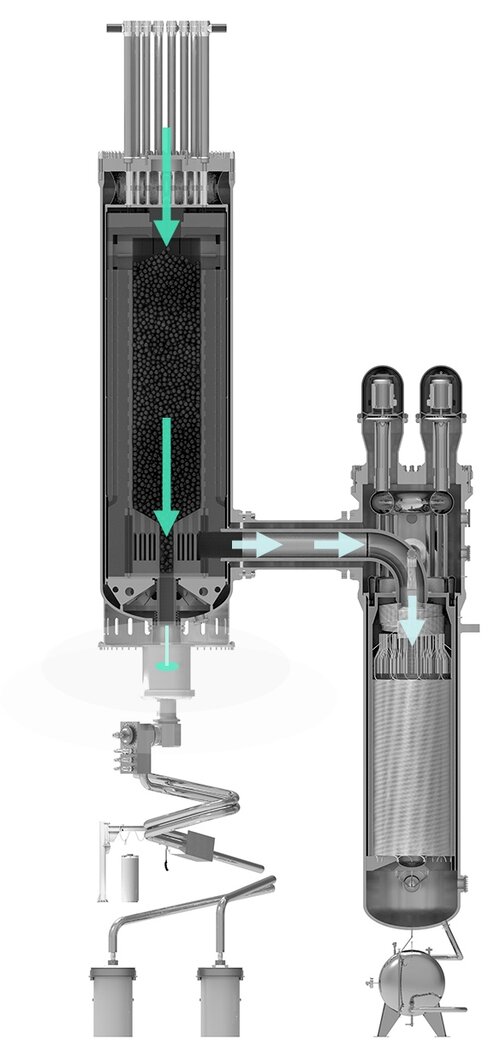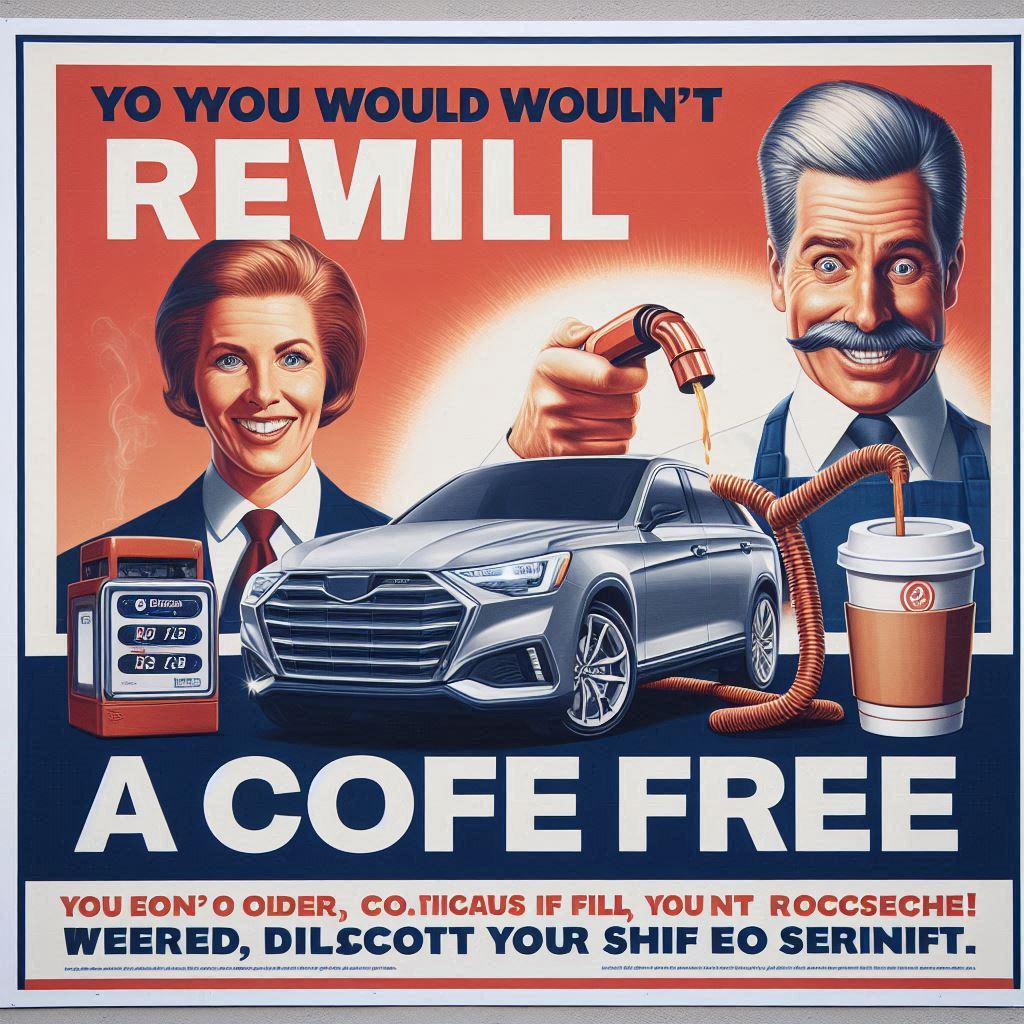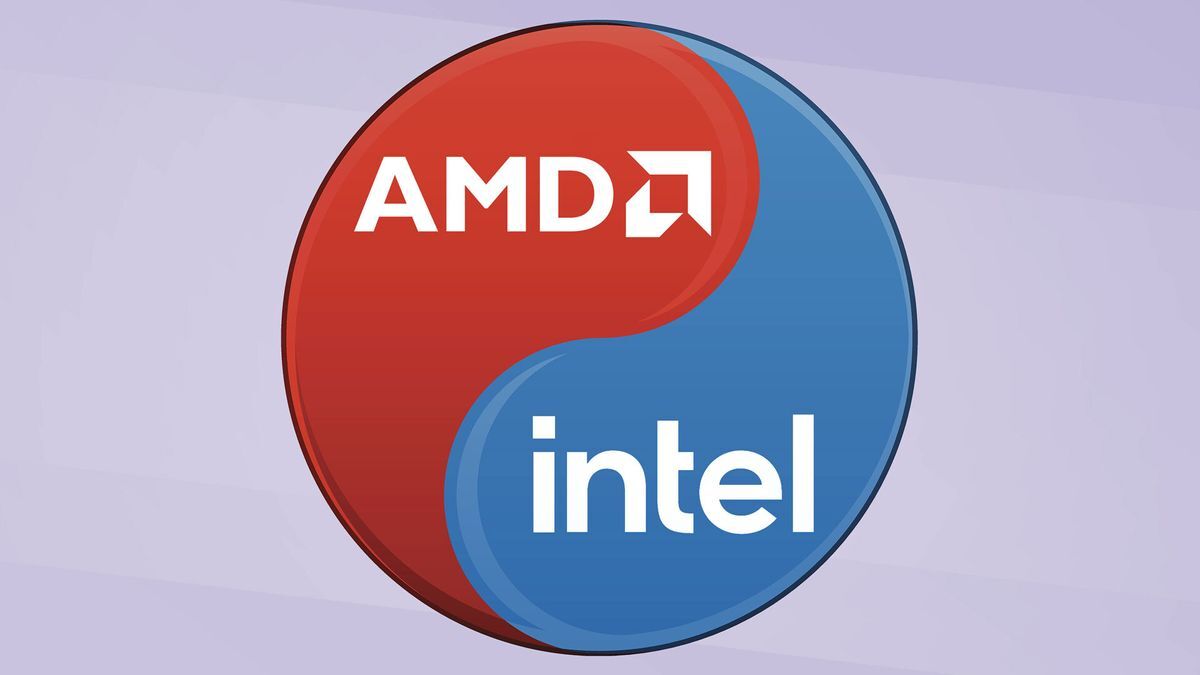- 96 Posts
- 49 Comments

 161·11 days ago
161·11 days agoThis isn’t the first time ARM has gone to court over licensing. In fact, the last time was against Qualcomm and its fees dealing with its Nuvia.

 22·13 days ago
22·13 days agoIt really did.
FYI, ARM stands for Advanced RISC Machines.

 6·15 days ago
6·15 days agoAgain, they have a court approved document. As per the lawsuit filing:
Recognizing the value of Wiwynn’s custom-tailored solutions, on September 24, 2014, X Corp. entered into a Master Purchase Agreement with Wiwynn. For nearly eight years, X Corp. sourced and Wiwynn provided unique, custom-designed IT infrastructure products including rack solutions for X Corp.’s data centers, based on forecasts provided by X Corp. The components used to build the products are largely unique to the products, resulting in long lead times for ordering such component parts from suppliers. To ensure that products could be manufactured on the strict timeline X Corp. required, X Corp. specifically gave written approval for Wiwynn to purchase the necessary components to manufacture the custom products being made for X Corp., and expressly assumed liability for the procurement costs.
And a master purchase agreement is a legally binding contract.

 101·15 days ago
101·15 days agoThey have one, the contract signed in 2014. As is mentioned in the quote I shared.

 231·16 days ago
231·16 days agoWhen you read the article, it also points to another article that goes further into this case.
…in 2014 it contracted with Twitter to provide “unique, custom-designed IT infrastructure products including rack solutions.”…
Seems it was already approved in 2014 for such a long-term relationship in writing. It seems that Elon just didn’t want to pay for it even though Twitter was contractual bound to pay.

 2·16 days ago
2·16 days agoThunderbolt to HDMI adapter and then an HDMI cable would do that, but more things to add.

 6·16 days ago
6·16 days agoThe regulation requires all phone makers to abandon proprietary Bluetooth coupling standards that may interfere with hearing aid compatibility. The FCC will require all handsets to ensure universal connectivity between smartphones and hearing aids, including over-the-counter devices like the recently approved Apple AirPods Pro 2.
I wonder how Apple will try to handle this, as we’ve seen with them and the EU app store business that they will take malicious compliance to the extreme to fight against having to lose any control over their devices.

 221·16 days ago
221·16 days agoIt’s hooked to a Mac, so most likely on Thunderbolt which would allow it internet access with the video feed. So it’s possible they didn’t have a choice. (This isn’t limited to Mac though)

 102·18 days ago
102·18 days agoNo. It was a completely different product. It’s like trying to claim that an iPhone is an iMac because it has the “i” in the name and is made by the same company. Similar branding to help tie it together, but completely different devices.

 142·18 days ago
142·18 days agoThe Kindle Fire was an Android tablet, not an e-reader. Completely different products.

 202·18 days ago
202·18 days agoI don’t understand what the point is with having an e-reader with a colour screen when the screen is so small. Anything I read that would benefit from a colour screen is either a PDF or a comic, and those suffer from tiny letters on a screen under 10 inches.
Or is there a lot of newer books that have images and such that aren’t PDF/CBR based?

 312·20 days ago
312·20 days agoA family of four can have serious issues with data caps.
So, if you are single, multiply your usage by four. Would you still be under your data cap?

 211·20 days ago
211·20 days agoWith the rise of ARM, I don’t think they’d need to, since ARM gives enough competition.

 7·24 days ago
7·24 days agoNo, not unless you have an x86 Android device. While this will run Linux apps, it will be limited to the CPU architecture. Unless there is a x86 to ARM translation layer on Linux that I’m not aware of?

 19·1 month ago
19·1 month agoWhat’s happened is GTA Online suddenly switched to using BattlEye for it’s anti-cheating. And this broke Steam Deck compatibility suddenly. Now, this is bad enough but reports state that BattlEye will work with the Steam Deck, and all Rockstar needs to do is just send a message to BattlEye and it’ll just work. But Rockstar doesn’t seem to be interested in sending that email.

 2·2 months ago
2·2 months agoI don’t feel it is. They aren’t saying that their physical requirements should be free (computers, engineers, programmers, electricity, etc…) which is what is being used for the analogy (cheese, ingredients, etc…).
It would be better to claim “I run a sandwich shop and couldn’t afford to run it if I had to pay for every recipe, idea, and technique I use in the business.”
Now, it’s not as simple as this, and I’m not claiming it is. But this example isn’t anywhere near correct. It’s like the old claim that pirating something is the same as stealing it. The usage on one thing doesn’t equal the loss of something physical.
It’s one of those reasons why laws about this are difficult. Too strict and no one would be able to do “fan”-anything and many other issues (“if it uses AI” takes out many digital tools, etc…), too loose and you don’t really have laws at all.

 691·2 months ago
691·2 months agoschool-issued machines
Stopped reading right there. Whenever you are issued a device, you should immediately assume it’s being monitored by the owner of the device. This goes for school/job/etc. The owner of the device will always be monitoring it for reasons of making sure you are using the device for intended purpose to making sure you aren’t using it for illegal purposes.

 11·2 months ago
11·2 months agoI’m sorry I proved you wrong to the point you had to resolve yourself to personal attacks. Do you feel better now?






















How so, at least with this article? It mentions a couple times things like:
It feels (at least to me) pretty balanced on this that they will rise if either one is elected, they just can’t say how much under Harris because she hasn’t given details about it, which they point out many times. Trump has declared his intention, so that’s why his amount is shown.